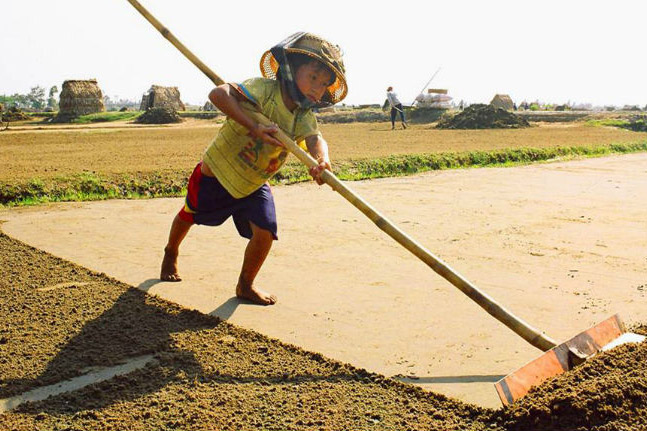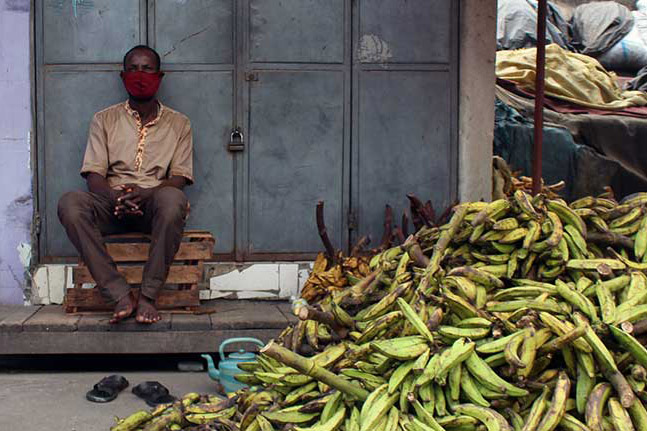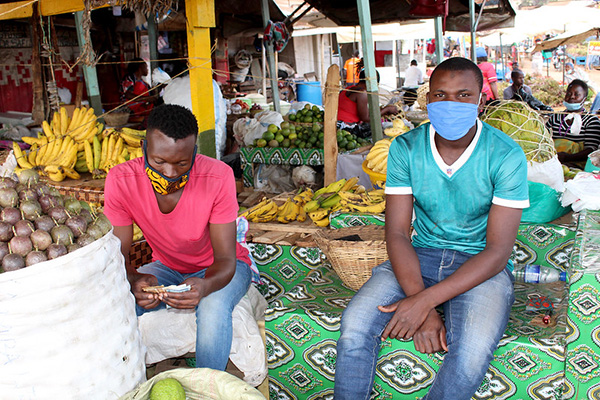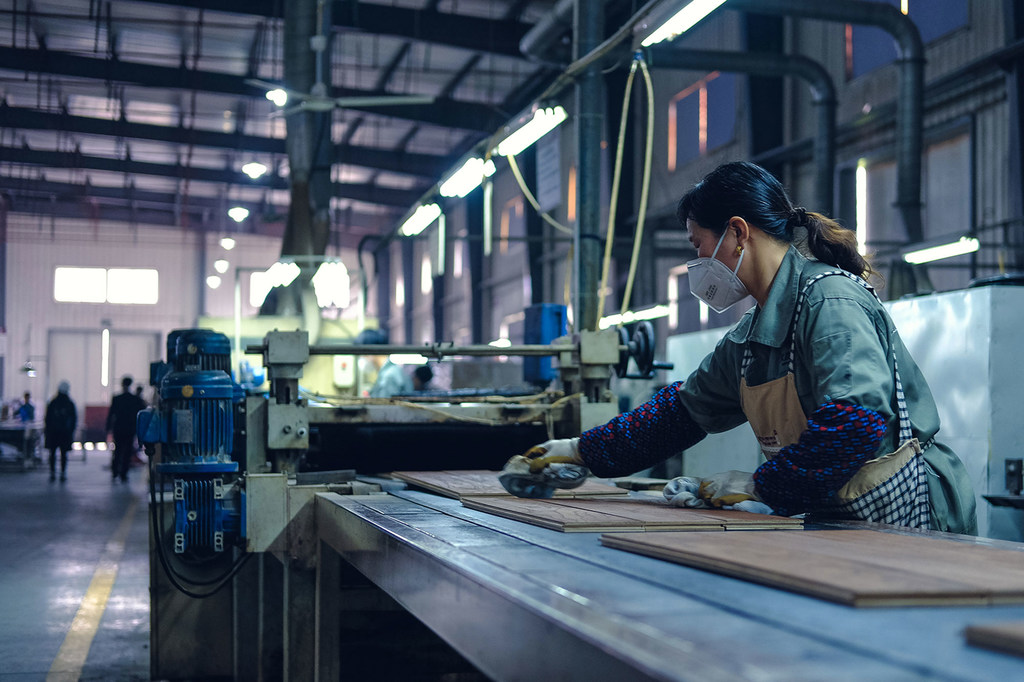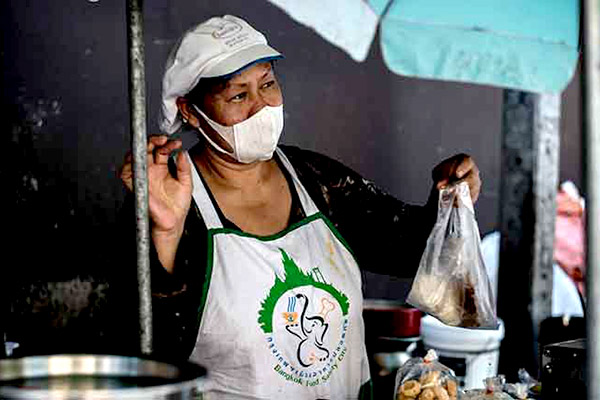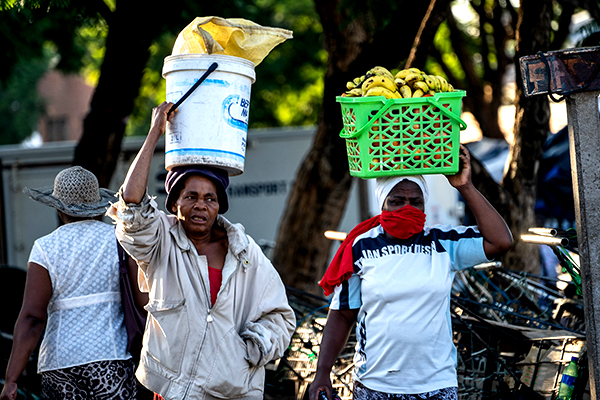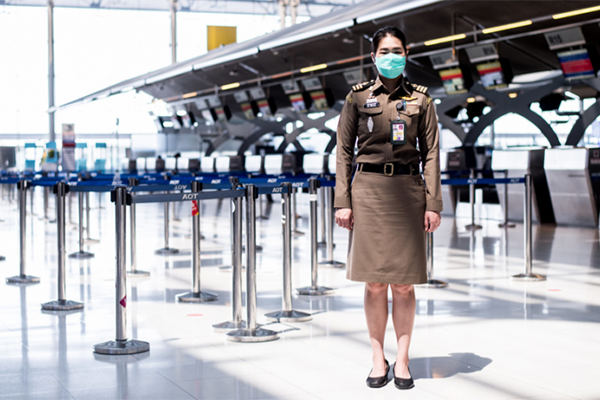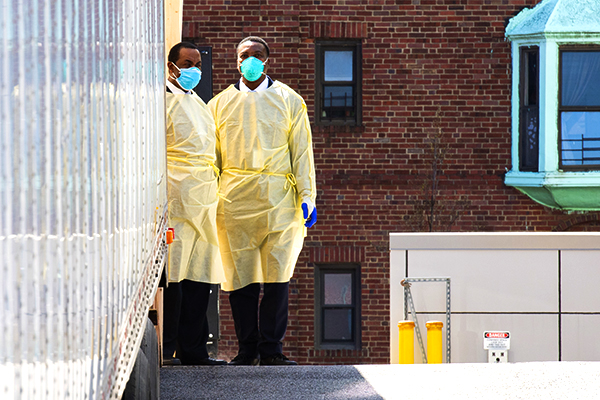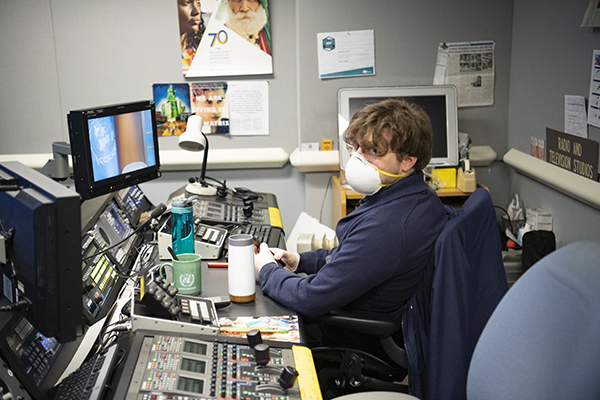There are 164 million migrant workers around the world and they have been very impacted by the COVID-19 pandemic. ILO poses the question: how can trade unions protect migrant workers during the COVID-19 crisis?
Employment
In an historic first, all 187 member States of the International Labour Organization (ILO) have ratified the ILO Convention on the Worst Forms of Child Labour.
UNESCO launches Global Skills Academy aiming to equip one million young persons with employability and resilience skills and help them find jobs when youth employment prospects look bleak. The impact of the pandemic on both education and employment has been dramatic. Students enrolled in training institutions and apprentices have been particularly affected by closures as they are dependent on practical training and hardware that is only available in training centres and workplaces.
COVID-19 has changed our world in ways we could not have imagined. Everyone has been affected and has a story to tell. The ILO shares the stories from people in the world of work.
The ILO policy framework is hinged on four key pillars in tackling the COVID-19 crisis, based on International Labour Standards.
The number of working hours lost across the world in the first half of 2020 was significantly worse than previously estimated, while the highly uncertain recovery in the second half of the year will not be enough to go back to pre-pandemic levels, even in the best scenario, and risks seeing continuing large scale job losses, warns the International Labour Organization (ILO). According to the ILO Monitor: COVID-19 and the world of work: 5th Edition there was a 14 per cent drop in global working hours during the second quarter of 2020, equivalent to the loss of 400 million full-time jobs.
Tens of millions of migrant workers, forced to return home after losing their jobs due to the COVID-19 lockdown, face unemployment and poverty in their home countries, warned the ILO. Millions of migrant workers may be required to return home where labour markets, are now further weakened by the additional strain of high levels of unemployment and serious business disruptions. In addition, their families will suffer from the loss of the remittances normally sent to them.
The sustainable production of coffee, and indeed other crops, is more of a cultural rather than environmental commitment according to the manager of the largest coffee farm in the United States.
Return to work policies should be informed by a human-centred approach that puts rights and international labour standards at the heart of economic, social and environmental strategies and ensures that policy guidance is embedded in national occupational safety and health systems. Two guidance documents for creating safe and effective return-to-work conditions during the COVID-19 pandemic have been issued by the International Labour Organization (ILO).
The COVID-19 crisis has exposed gaps in social protection coverage in developing countries, and recovery will only be sustained, and future crises prevented if they can transform their ad hoc crisis response measures into social protection systems, according to the ILO. While the virus does not discriminate between rich and poor, its effects are highly uneven. The brief also warns policymakers to avoid a singular focus on COVID-19 and not reduce access to care for other conditions.
New health training facilities for aspiring midwives are helping Ghana build a future where better healthcare can be a reality for all its people.
The Director-General of the UN labour agency describes the task before us of building a future of work which tackles the injustices that the pandemic has highlighted.
COVID-19 has disrupted billions of lives and endangered the global economy. The International Monetary Fund (IMF) has announced a global recession, and the International Labour Organization (ILO) expects workers will lose as much as $3.4 trillion in income by the end of 2020. Full or partial lockdown measures are now affecting almost 2.7 billion workers, representing around 81 per cent of the world’s workforce. The United Nations calls for a global response to match the scale of the crisis as countries roll out emergency stimulus packages to support livelihoods.
Recognizing the great challenge whole societies are facing worldwide to combat the COVID-19 pandemic, the World Day for Safety and Health at Work will focus on addressing the outbreak of infectious diseases at work, in particular, on the COVID-19 response. Governments, employers, workers and their organizations face enormous challenges as they try to combat the COVID-19 pandemic and protect safety and health at work. Additional concerns include resuming activity in a manner that sustains progress made in suppressing transmission.
Collective efforts and solidarity between employers and workers organizations is critical to respond effectively to the impact of the COVID-19 pandemic in the world of work. COVID-19 has in many parts of the world jeopardized the health and safety of millions of people, and put immense pressure on businesses, jobs, and livelihoods. In crisis settings, collaboration and dialogue between employers and business membership and workers’ organizations can boost accelerated recovery.

